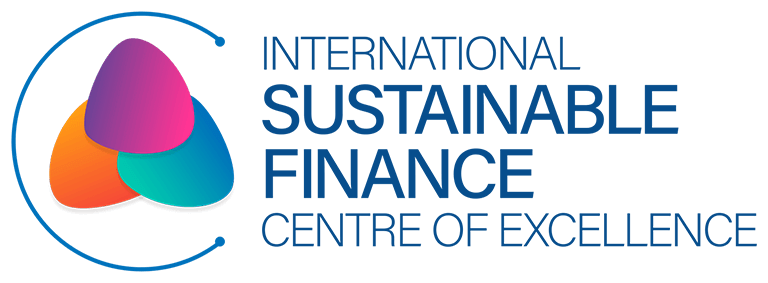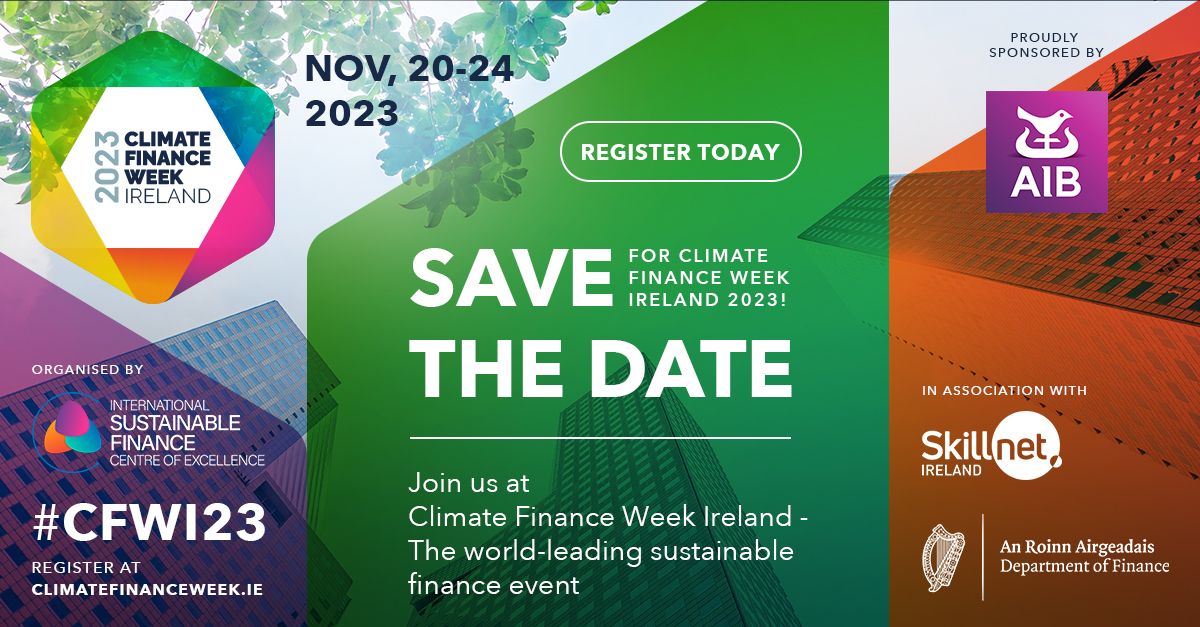The Imperative of Sustainable Finance Reporting and Disclosures
Understanding the current reporting and disclosure landscape for the financial sector
In an era increasingly shaped by environmental, social, and governance (ESG) imperatives, the financial sector stands at a pivotal juncture. Serving as vital drivers of economic progress, financial institutions wield significant influence in steering investments and corporate conduct toward sustainable practices. This influence is significantly shaped by a complex array of reporting standards and regulatory frameworks dictating how these institutions integrate and communicate their sustainability endeavours. As we delve into the sustainability reporting terrain, it’s crucial to examine it from three distinct perspectives:
- The European Union (EU) landscape,
- The global arena
- The Irish perspective
Current EU reporting requirements The European Union’s drive towards achieving climate neutrality by 2050 is reinforced by an increasingly rigorous policy and regulatory framework governing the ESG domain. With each new regulation, organisations, whether within or beyond the EU, face additional responsibilities and reporting mandates. At the heart of this framework lies the EU Taxonomy Regulation, which establishes a standardised terminology for categorizing sustainable investment activities throughout the EU. A relatively new piece of ESG reporting legislation in the EU is the Corporate Sustainability Reporting Directive (CSRD) which sets out which organisations must report on ESG and how. Independent third-party assurance is mandatory for all CSRD-mandated reports while a new reporting framework, the European Sustainability Reporting Standards (ESRS), has been established to form the basis of such disclosures.
In addition, the International Sustainability Standards Board (ISSB), which was established by the IFRS Foundation to develop a set of standards to serve as a global reporting baseline, issued its first two IFRS Sustainability Disclosure Standards, IFRS S1 General Requirements for Disclosure of Sustainability-related Financial Information and IFRS S2 Climate-related Disclosures. Legislation is also being progressed in the EU that will provide for the regulation of ESG rating providers, with the overall aim of improving the reliability, comparability, and transparency of ESG ratings.
How Organisations Can Enhance Their ESG Reporting
Our Research
It is vitally important for every Irish organisation to assess their current and potential obligations under both existing and upcoming regulations and reporting standards. To prepare for what will be an ever-increasing compliance burden, Irish organisations need to focus on undertaking gap assessment, and understanding data integration, i.e. integrating non-financial reporting data into financial reporting data processes and controls to ensure that data is complete, accurate, and of a high quality, upgrade reporting systems and quantifying financial reporting.
The International Sustainable Finance Centre of Excellence, along with Davy Horizons, is undertaking a reporting and disclosure gap analysis that aims to enhance the understanding and preparedness of financial institutions in Ireland for evolving ESG reporting and disclosure requirements. It evaluates current practices, identifies gaps, and offers guidance to ensure accuracy, completeness, and efficiency in ESG reporting. This report will throw light on all the gaps, challenges, and potential opportunities for reporting in Ireland. If you would like a copy of this report when it is published please click here.
Empowering financial professionals to take the lead in Environmental, Social, and Governance (ESG) regulatory reporting and disclosure activities
Training Options
The International Sustainable Finance Centre of Excellence, Sustainable Finance Skillnet, and the Institute of Bankers (IOB) have collaborated to offer a Professional Diploma in Sustainable Finance Reporting and Disclosures. This comprehensive programme aims to empower professionals in finance, reporting, and assurance roles within the financial services sector to take the lead in Environmental, Social, and Governance (ESG) regulatory reporting and disclosure endeavours.
As regulatory demands heighten and the deadline for implementing new EU sustainable finance reporting requirements draws near, preparedness within the industry is paramount. Geared towards individuals employed or aspiring to work in Financial Reporting, Risk or Finance functions, or dedicated Sustainability Teams, this Diploma equips participants with the knowledge, skills, and competencies essential for advancing the sustainability agenda within the financial services sector. Participants will significantly augment their understanding and proficiency in sustainable finance reporting and disclosures, equipping them with practical tools to integrate sustainability practices effectively within organisations.
For further information on this programme and to apply please contact [email protected].




